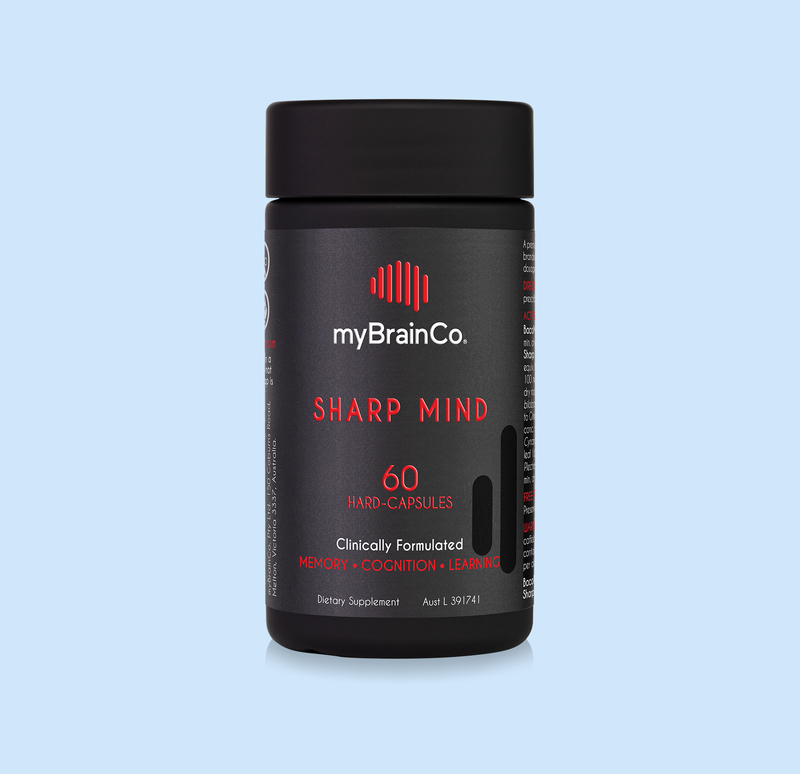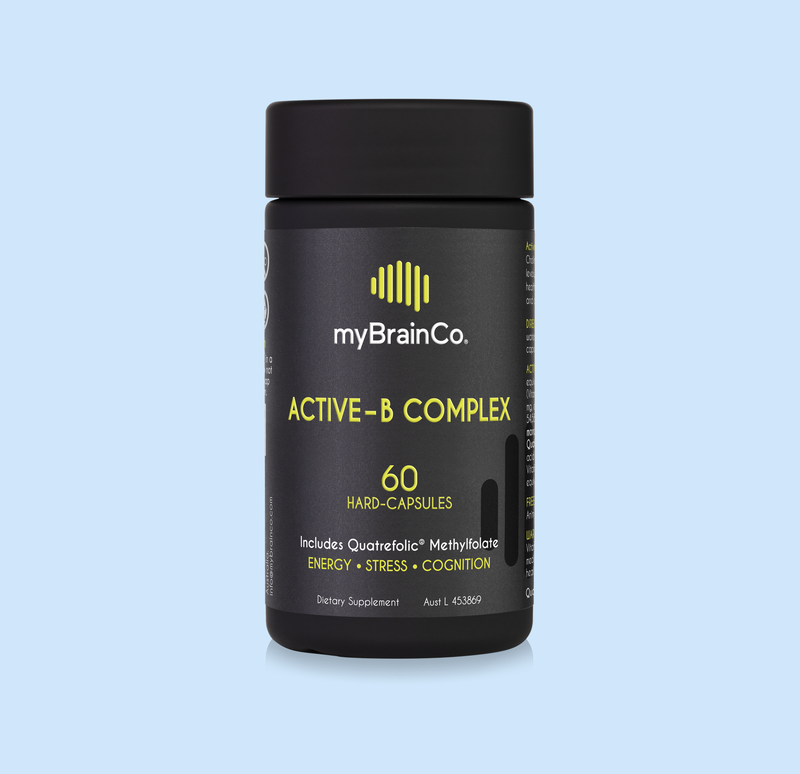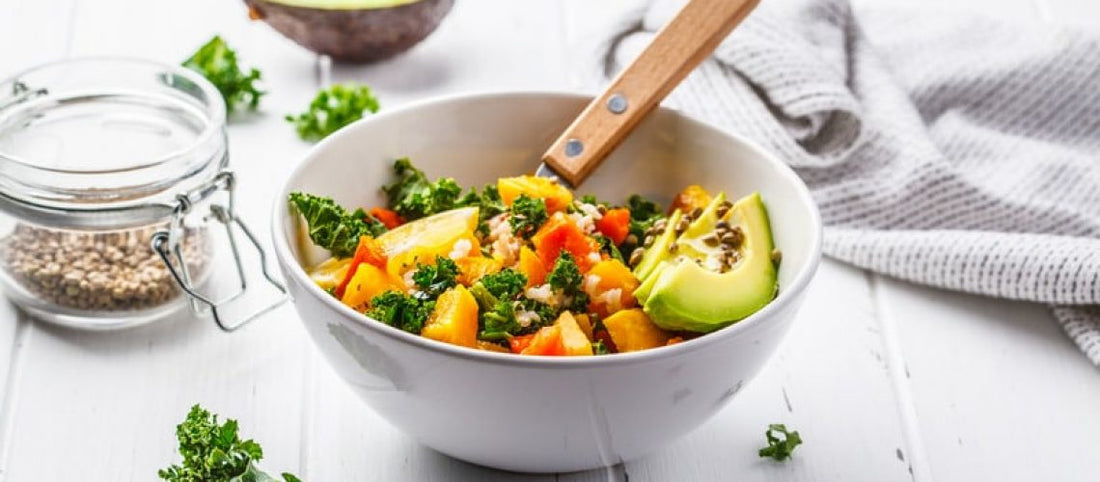As covered in our article What is Leaky Gut, intestinal hyperpermeability, otherwise known as ‘leaky gut’ is a digestive disorder which occurs when gaps appear between the usually tight junctions of your gut wall. This allows bacteria, antigens and undigested food particles to pass through into your bloodstream, creating inflammation and triggering an immune reaction.
Leaky gut can have a negative effect on your mental and physical wellbeing, and has been linked to various ailments from autoimmune diseases to autism, food sensitivities, diabetes, Crohn’s and chronic fatigue.
Foods to heal a Leaky Gut.
One of the most important ways to support your gut health and heal leaky gut is to adjust your diet. Eating healthier and smarter, with a focus on maintaining gut health, can reverse leaky gut symptoms and improve your overall digestive health.
Foods to avoid:
Firstly, you can help heal a leaky gut by avoiding the following foods:
- Highly-processed foods such as packaged meals, cereal bars and pies
- Foods with potential allergens:
-
- wheat-based products: pizza, bread, pasta, cereals, couscous, etc.
- Gluten-containing grains: rye, bulgur, barley and oats
- Dairy: milk, cheese and ice-cream
-
- Alcohol and soda beverages
- Artificial sweeteners such as aspartame, sucralose and saccharin
- High-sugar foods such as sugary cereals, lollies, cookies and pastries
- Refined oils such as soybean, canola, safflower and sunflower oils
Foods to eat:
Eating a nutrient-dense, whole food diet gives your body the building blocks and energy it needs to repair leaky gut, while aiding the growth of beneficial gut bacteria. The focus of your diet should be on fibrous, local, seasonal vegetables and fruits, cultured dairy products, properly-sourced meat, fish and poultry, fermented vegetables and healthy fats from natural sources.
Here are some specific foods you can add to your diet to help repair leaky gut:
Fruits and vegetables
Eating a wide variety of fresh or frozen, locally-sourced fruit and vegetables provide the fibre, vitamins and nutrients necessary to create a friendly environment in which beneficial gut bacteria can thrive. pH balance is crucial to help suppress the growth of unhealthy bacteria, and fruits and vegetables are ideal for supporting the slightly acidic environment your gut prefers.
Among fruits, the best are:
- Bananas
- Kiwis
- Apples
- Pears
- Blueberries
- Raspberries
- Strawberries
For vegetables, you should regularly eat:
- Broccoli
- Carrots
- Spinach
- Kale
- Dandelion greens
- Beetroot
- Cabbage
Miso
Miso is a flavorful paste made from fermented soybeans. It’s a favorite ingredient in Japanese cuisine, particularly in soups and marinades, and it’s loaded with billions of beneficial probiotics (1, 2).
Miso is an excellent source of dietary vitamins and nutrients, including vitamins B, E and K, and folic acid. It also adds the fifth element of taste (umami) to dishes like soups, broths, stews, and marinades, which helps keep you satisfied.
The primary probiotic strain in miso is oryzae, a type of fungus that’s also used to brew sake. Plant-based probiotics like oryzae have a high heat tolerance and are more likely to survive in the intestines, where they can help nourish your gut flora.
Whole grains
Non-gluten containing whole grains (containing 100% of the kernel) can be health-protective (3), such as:
- Brown rice
- Quinoa
- Buckwheat
- Amaranth
Whole grains fibres act like prebiotics and help nourish a variety of important gut bacteria (4), including bifidobacteria, lactobacilli (5), ruminococcus, E. rectale, and roseburia (6). Their fibre content also helps add bulk to your stool and can lessen constipation.
Sauerkraut and kimchi
Both are versions of fermented cabbage, the first originating in Germany and the second from Korea. The fermentation process for both of these tasty dishes creates lactobacillus bacteria (7), even more than is found in yogurt and cultured dairy products. This healthy bacteria helps balance and optimise your gut microflora. The longer sauerkraut and kimchi ferment, the higher the concentration of probiotics (8).
A 71-gram serving of sauerkraut may contain up to 28 distinct bacterial strains that assist your gut by nourishing good bacteria (9).
Both sauerkraut and kimchi are also nutrient dense and high in fibre to support a healthy gut biome. They can be added as sides to almost any meal!
Flaxseed
Flaxseed is a food crop native to colder regions. A study recently published in the American Journal of Physiology reveals data that suggests the fermentation of flaxseed in the gut can lead to improved metabolic health (8). The flaxseed fermentation process can change the gut microbiota, supporting good bacteria and suppressing unhealthy varieties.
Flaxseed can be sprinkled onto oats, yogurt, soups and salads.
Kefir
A fermented beverage that originated in Eastern Europe, kefir tastes very much like a yogurt drink, with slight carbonation and a low alcohol content in some varieties.
Kefir is ideal for supporting gut health because it contains up to 30 different beneficial strains of bacteria and yeast (9, 10), providing greater probiotic potency than most yogurts. In particular, kefir is a great source for several important lactobacillus strains, which are among the most important for helping maintain healthy gut microflora.
Kefir is also linked to improved digestion and decreased gut inflammation. You can buy it from most health food stores.
Bone broth
So Grandma was right! Sometimes marketed as bone collagen, bone broth is rich in natural gelatin, which can help protect and restore the mucosal lining in the intestinal tract. Supporting this protective layer not only helps prevent antigens from penetrating into your bloodstream, it also works to aid the natural digestive absorption of dietary nutrients.
Glutamine is a nutrient in bone broth that is linked to enhanced energy production in digestive cells and is another source of support for reduced intestinal permeability (11, 12).
You can make bone broth at home by simmering the bones and connective tissues of animals, or you can find quality bone broth powder or liquid pouches in most health food stores.
What a day on a Leaky Gut diet might look like..
Breakfast
Take a break from your usual white toast and breakfast cereal, instead scramble some eggs with sauteed onions and tasty greens. Or opt for a chia seed bowl with plain yoghurt, walnuts, flaxseed and blueberries.
As well as giving your gut the best start to the day, the protein and healthy fats in these options will keep you feeling fuller for longer!
Lunch
Try to dial back the processed and allergen-containing sandwiches and tacos, instead get a healthy dose of fibre and nutrients with a large, colourful kale, red cabbage and carrot salad, layered with healthy goodies like turkey, sunflower seeds and a miso dressing.
If you’re not a salad person, try a scoop of tuna or chicken salad folded into a romaine lettuce ‘bun’ and a side of kimchi.
Snacks
Muesli and protein bars are full of sugar and refined oils so stay well clear. Instead, focus on whole food snacks that are high in fibre (which are also more filling) and have a healthy dose of protein to help properly balance your blood sugar. Snacks are also a great way to up your fruit and veggie intake:
- Yogurt and berries
- Carrots and hummus
- Apple slices and nut butter
- Raw almonds
- Roasted chickpeas
or anything else from the above lists.
Dinner
An ideal formula for a leaky gut diet: quality protein source + a non-starchy veggie + starchy veggie (optional) + healthy fat.
Wild-caught fish and organic poultry are great sources of quality protein, broccoli or Brussels sprouts fit the non-starchy vegetable bill, and pumpkin or sweet potatoes offer added starch (and deliciousness). Simply bake then drizzle some olive oil and herbs over the top and you have a tasty and gut-loving meal ready in less than 30 minutes.
For dessert, try some kefir or Greek yoghurt with cinnamon.
Supplements
Supplementation is also an important part of a gut healing regimen. Our Gut Repair formula can help boost the restorative effects of a healthy, gut-friendly diet, by providing further nourishment and assistance for a balanced and effective gut microbiome. It’s a great addition to a morning smoothie so ideal for busy people.
Takeaway
You don’t have to live with the effects of leaky gut. Change your diet to include more of the best foods to heal a leaky gut and you will enjoy improved mental and physical wellbeing.



